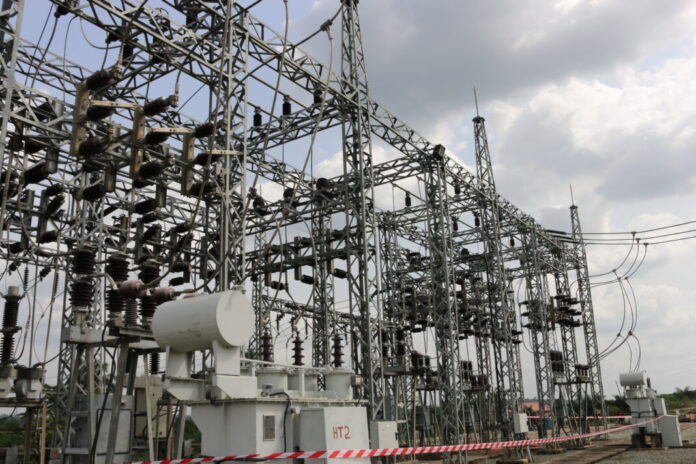A fresh crisis is brewing in Nigeria’s electricity sector as some states begin to slash electricity tariffs under the powers granted to them by the Electricity Act 2023. The move, which began with Enugu State cutting Band A tariffs from ₦209/kWh to ₦160/kWh, has sparked serious concerns among power generation and distribution companies.
Power producers, under the Association of Power Generation Companies (APGC), raised the alarm on Monday, warning that the move could cripple the sector. The association said the industry is already owed over ₦5 trillion and cannot sustain further financial pressure.
“This decision sets a dangerous precedent,” said APGC CEO Joy Ogaji. “Only ₦45 is allocated for generation in Enugu’s ₦160/kWh tariff. Without a real, cash-backed subsidy, this is not sustainable.”
Despite the backlash, Enugu’s electricity regulator, the Enugu Electricity Regulatory Commission (EERC), defended the decision. EERC Chairman, Chijioke Okonkwo, said the new tariff is cost-reflective and based on a detailed pricing model that includes federal government subsidies.
“We’re not guessing,” Okonkwo said. “We followed the law, collected data from MainPower, and applied our approved tariff methodology. With the current federal subsidy, the average cost to deliver power in Enugu is about ₦94/kWh. That made the ₦160/kWh possible.”
However, Gencos disagree. They insist there is no official, cash-backed subsidy from the Federal Government. Ogaji noted that only ₦900 billion was allocated for electricity support in the 2025 national budget, far short of the ₦250 billion monthly needed to cover generation bills.
Other states are also planning similar tariff cuts. Plateau, Ondo, and Lagos have hinted at reductions, while Ekiti has chosen to stick with the current national tariff for now.
– Plateau State’s electricity commission, inaugurated on July 15, says reducing tariffs will be one of its first actions.
– Lagos State, which consumes about 50 percent of Nigeria’s electricity, says it is studying Enugu’s model before making its own announcement.
– Ondo State said it is already negotiating directly with power producers to set independent tariffs.
So far, states with full electricity market control include Enugu, Ondo, Ekiti, Imo, Oyo, Edo, and Kogi. Lagos, Ogun, Niger, and Plateau are expected to complete the transition by September 2025.
Electricity Distribution Companies (Discos) have also expressed concern. A Disco official, who asked not to be named, questioned how states plan to cover the difference between the actual cost of production and the reduced tariffs.
“If it costs over ₦200 to produce 1kWh and the tariff is set at ₦160, who will pay the ₦40 shortfall? The state? The federal government?” he asked.
Discos warned that without a clear plan for cost recovery, these tariff cuts could scare away investors and worsen the power supply situation.
They also reminded states that Band A customers are no longer subsidised by the Federal Government, and any new cuts must be funded locally.
While Enugu insists the tariff cut is backed by federal subsidies, the Gencos say that no such payments have been made and the assumption is misleading.
“This is not a subsidy — it’s debt,” Ogaji said. “There are no working financial arrangements or cash payments in place. We are owed trillions.”
She also warned that if the federal subsidy ends, tariffs may have to rise again — likely beyond ₦160/kWh — making the current pricing model impossible to sustain.
Energy experts say while states now have the legal right to set tariffs, they must be careful not to destabilise the already fragile power sector. Without proper coordination, payment systems, and investor confidence, electricity supply could decline further.
The challenge remains for state governments to find a balance between making electricity affordable for citizens and ensuring the financial health of the power sector.
